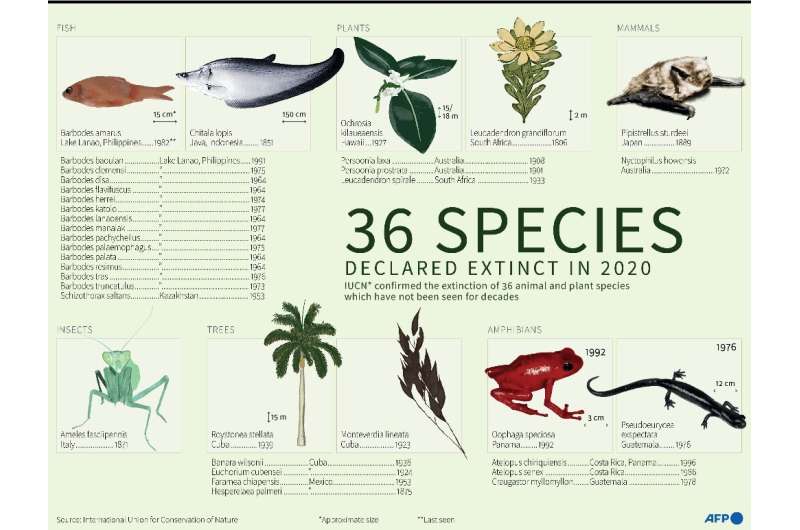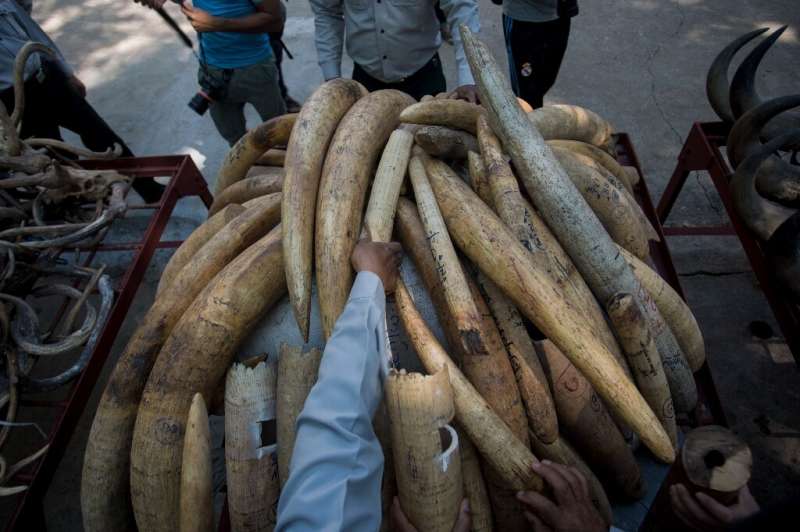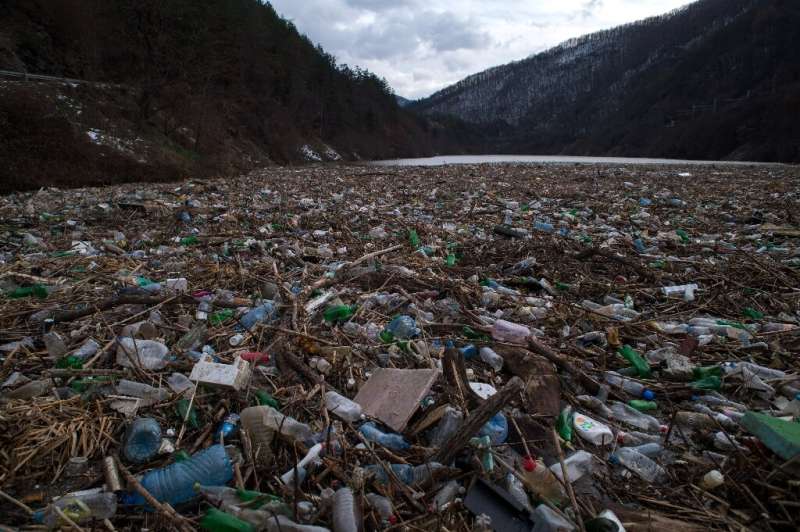
Humanity's unbridled growth in recent decades has come at a "devastating cost to nature" according a wide-ranging international review on the vital economic role played by our living planet.
The 600-page rundown of scientific material commissioned by the British government highlighted the precarious state of global biodiversity and warned that nothing short of a sea change in how countries power economic growth could prevent catastrophic impacts for nature, and humanity.
The Dasgupta Review—a two-year collaboration of hundreds of academics from around the world overseen by Partha Dasgupta, professor emeritus of economics at the University of Cambridge—said that all livelihoods depended on the health of the planet.
It showed that while global capital produced per person had doubled in the three decades since 1992, the stock of natural capital—that is, the quantifiable benefit an individual derives from services bestowed by nature—had plunged 40 percent.
"While humanity has prospered immensely in recent decades, the ways in which we have achieved such prosperity means that it has come at a devastating cost to nature," the review said.
It called for a fundamental redressing of humanity's demands and nature's supply, warning that biodiversity is intricately linked with human wellbeing and health.
Some species are going extinct up to 1,000 times faster than the historical average, "undermining nature's productivity, resilience and adaptability", the review said.

'Totally dependent'
It warned that catastrophes related to nature loss—including the Covid-19 pandemic which was driven by land-use changes and species exploitation—could prove to be "the tip of the iceberg" if development continued at its current rate.
"We are totally dependent upon the natural world," renowned naturalist David Attenborough wrote in a foreword to the review.
"It supplies us with every oxygen-laden breath we take and every mouthful of food we eat.
"But we are currently damaging it so profoundly that many of its natural systems are now on the verge of breakdown."
The economic benefits of biodiversity had historically been missed from growth models, distorting the value of capital accumulation and leaving crucial conservation programmes chronically underfunded, said the review.

With an estimated $4-6 trillion in funding each year going to unsustainable economic activities such as fossil fuel use and damaging farming techniques, governments "exacerbate the problem by paying people more to exploit nature than to protect it", it added.
It called for a new way of defining economic wellbeing, one that takes nature's services into account, to replace the traditional GDP model.
But it warned that choosing a more sustainable growth trajectory would require "transformative change, underpinned by levels of ambition, coordination and political will akin to, or even grater than, those of the Marshall Plan".
Rethinking economics
Such a sustainable future would include a total decarbonisation of the global energy system, the review concluded.
More than that, properly managing Earth's precious resources would involve people in richer nations changing consumption and wasteful habits, and better access to finance and education for women.

"Never before has it been so important to consider the economics of nature and the role biodiversity plays in supporting a healthy economy," said Guy Poppy, professor of Ecology at the University of Southampton, who was not involved in the review.
"Two of the major challenges currently facing humankind—climate change and Covid—both illustrate the need to link economics with the environment and to rethink how we will become more prosperous and healthy in the future."
The review pointed to two key summits in 2021—the COP15 talks on biodiversity and the COP26 meeting on climate change—as opportunities to start to undo the damage humanity has inflicted on its only home.
"We and our descendents deserve nothing less," it said.
Explore further
© 2021 AFP
Citation: Economic growth has 'devastating cost to nature', review finds (2021, February 2) retrieved 2 February 2021 from https://ift.tt/3arngkB
This document is subject to copyright. Apart from any fair dealing for the purpose of private study or research, no part may be reproduced without the written permission. The content is provided for information purposes only.
"Review" - Google News
February 02, 2021 at 04:03PM
https://ift.tt/3arngkB
Economic growth has 'devastating cost to nature', review finds - Phys.org
"Review" - Google News
https://ift.tt/2YqLwiz
https://ift.tt/3c9nRHD
Bagikan Berita Ini















0 Response to "Economic growth has 'devastating cost to nature', review finds - Phys.org"
Post a Comment